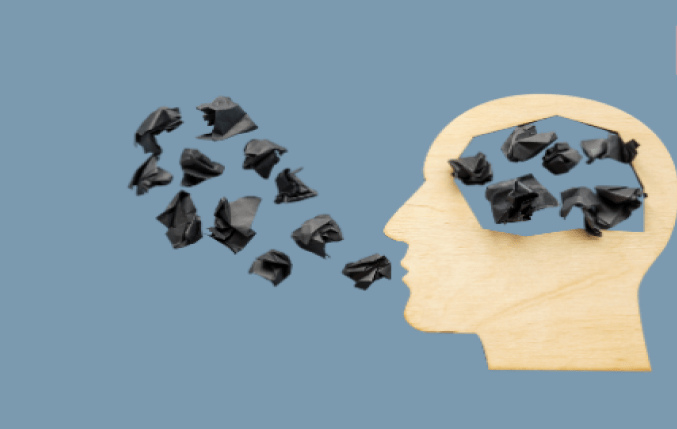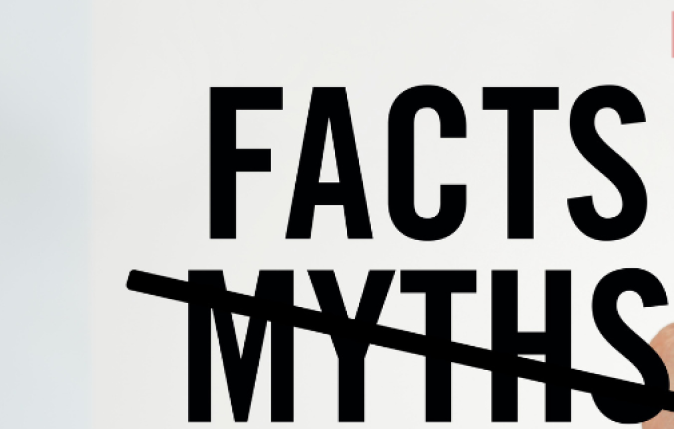Navigating Life Without a Gallbladder: A Guide to Post-Gallbladder Removal Surgery
Undergoing gallbladder removal surgery, also known as cholecystectomy, can be a life-changing experience. The gallbladder, a small organ responsible for storing bile and aiding in digestion, is not deemed vital for survival. However, its absence can have noticeable effects on the body’s digestive system. In this blog post, we will delve into how the body adjusts to the absence of the gallbladder and offer insights into maintaining a healthy lifestyle post-surgery.
The Role of the Gallbladder:
Before we explore life without a gallbladder, it’s crucial to understand the organ’s role in digestion. The gallbladder stores bile, a digestive fluid produced by the liver, and releases it into the small intestine when needed to break down fats. Without this storage reservoir, the body must adapt to a continuous, slower release of bile.
Adapting to Life Without a Gallbladder:
-
Dietary Adjustments:
-
-
-
Gradual Introduction of Fats: Initially, it’s advisable to introduce fats slowly into the diet. The body may take time to adjust to the constant, lower levels of bile, making it essential to ease into a regular diet to avoid digestive discomfort.
-
Choose Healthy Fats: Opt for healthier fats such as those found in avocados, nuts, and olive oil. These fats are easier to digest and put less strain on the digestive system.
-
-
-
Balanced Meals:
-
-
-
Smaller, Frequent Meals: Instead of large meals, consider consuming smaller, more frequent meals throughout the day. This helps prevent overwhelming the digestive system and allows for better bile utilization.
-
-
-
Hydration is Key:
-
-
-
Water Intake: Adequate hydration is crucial for overall health and can assist in digestion. Drinking enough water helps in the emulsification of fats, making it easier for the body to process them.
-
-
-
Supplements and Medications:
-
-
-
Bile Acid Supplements: Some individuals may benefit from bile acid supplements, especially if they experience difficulty digesting fats. Consult with a healthcare professional to determine if this is necessary.
-
Digestive Enzymes: Enzyme supplements can aid in the digestion of fats, proteins, and carbohydrates. Again, consult with a healthcare provider before incorporating them into your routine.
-
-
-
Regular Exercise:
-
-
-
Promoting Digestive Health: Exercise has numerous benefits, including promoting digestive health. Regular physical activity can help maintain a healthy weight and encourage the proper functioning of the digestive system.
-
-
-
Listen to Your Body:
-
-
Individual Variations: Every person’s body responds differently to gallbladder removal. Pay attention to how your body reacts to certain foods and adjust your diet accordingly.
-
Life without a gallbladder may present some initial challenges, but with mindful dietary choices, hydration, supplements if necessary, and regular exercise, individuals can lead a healthy and fulfilling life post-gallbladder removal surgery. It is essential to consult with healthcare professionals to tailor a plan that suits individual needs and ensures a smooth transition into this new phase of digestive health. Remember, with the right adjustments, life without a gallbladder can be vibrant and satisfying.










